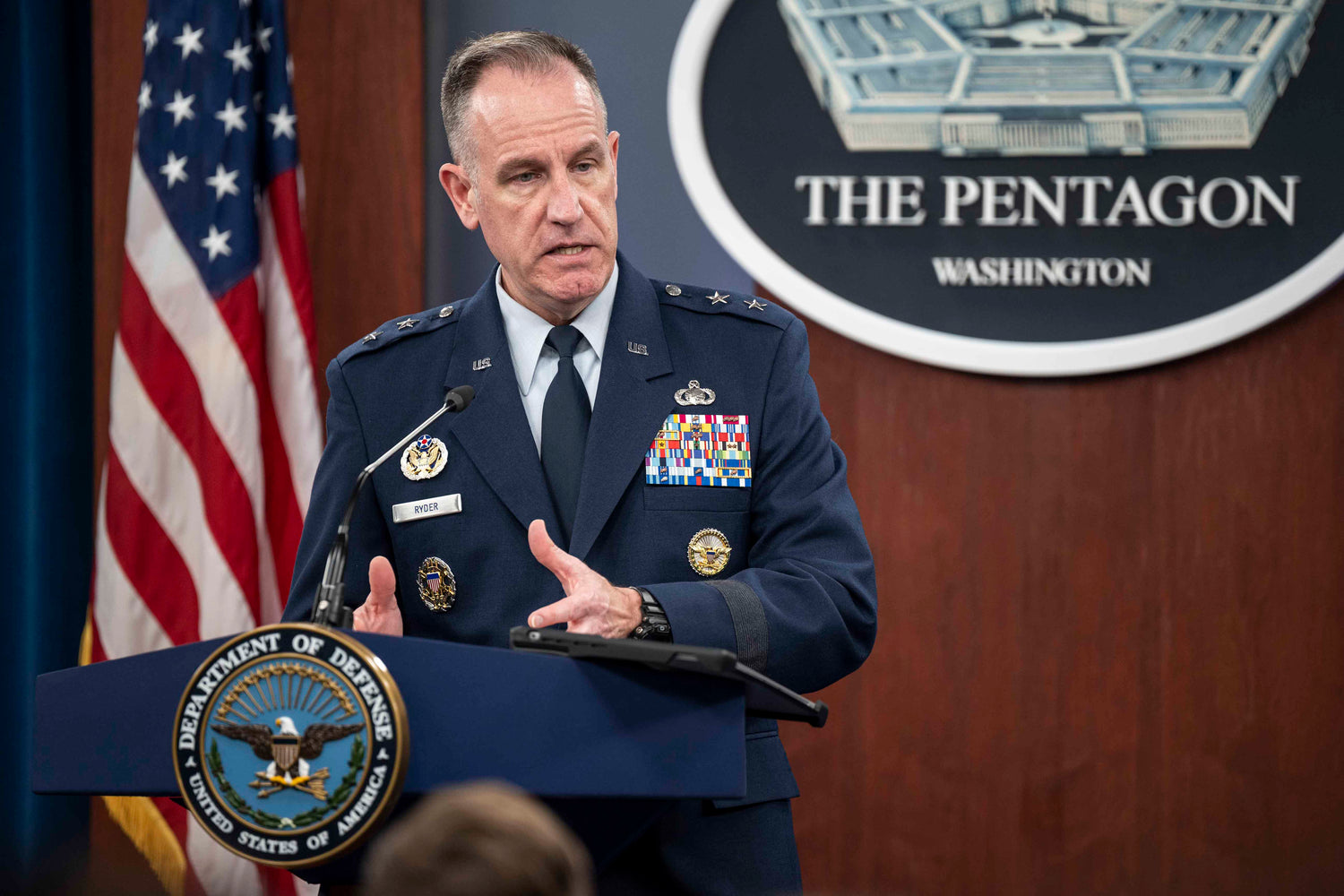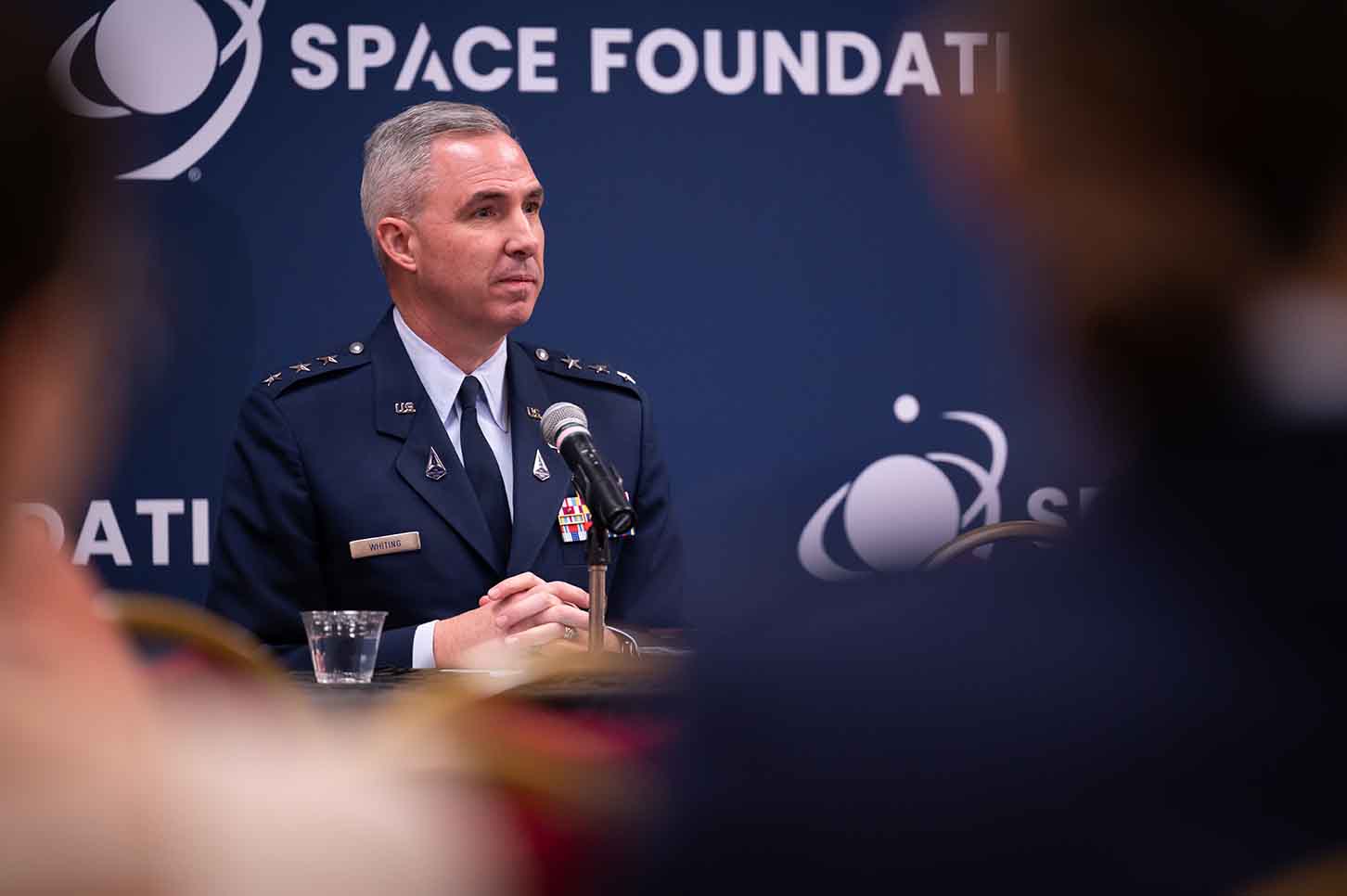Pentagon Press Secretary U.S. Air Force Maj. Gen. Pat Ryder conducts a press briefing at the Pentagon in Washington, D.C., Dec. 14, 2023. (DoD photo by U.S. Navy Petty Officer 1st Class Alexander Kubitza)
The Pentagon has recently announced an internal review by the Department of Defense's inspector general, focusing on the protocols and actions taken during Secretary of Defense Lloyd J. Austin III's recent hospitalization. This review aims to scrutinize the Defense Department's policies and procedures to ensure effective communication and a smooth transition of authority in the event of senior leadership's unavailability due to health or other reasons.
Secretary Austin, who underwent surgery for prostate cancer at Walter Reed National Military Medical Center in late December, faced complications post-surgery, leading to his readmission. His condition, which included symptoms like nausea and pain in various body parts, necessitated additional treatment at the medical center. Despite this, there were lapses in notifying critical stakeholders, including President Joe Biden, about the Secretary's health status.
In response to these notification failures, the Department of Defense is conducting a comprehensive 30-day review led by the DOD's director of administration and management. This review is expected to closely examine the department's procedure for notifying pertinent parties and for the assumption of the Secretary of Defense's functions and duties.
Pentagon Press Secretary Air Force Maj. Gen. Pat Ryder has emphasized the significance of these reviews, underlining the need for a transparent and complete accounting of the facts. Ryder reassured the public and the media that despite the communication lapses, the Defense Department's command and control were never compromised. He stated that at no point was there a gap in command and control, ensuring the security of national defense.
As these reviews progress, they are expected to shed light on potential areas for improvement in the Pentagon's internal processes. The goal is to enhance the efficiency and transparency of the Defense Department, particularly in scenarios involving the health and availability of its top leadership. Such steps are crucial in maintaining the integrity and effectiveness of the Department of Defense, ensuring that national security remains in capable hands at all times.





Leave a comment
This site is protected by hCaptcha and the hCaptcha Privacy Policy and Terms of Service apply.